Remember me - Fall 2023

In this issue:
YES, WE CAN CHANGE THE FUTURE OF DEMENTIA
Nearly one million people in Canada are expected to be living with dementia by 2030, an increase of more than 65 per cent from 2020. The numbers are staggering but not inevitable. By investing in research that improves our understanding of risk factors, we could shift those numbers down. In our recent Landmark Study, we found that delaying the onset of dementia by one year could result in almost 500,000 fewer new cases over the next few decades.
Your support and interest are essential to achieving these goals and changing the future of dementia in Canada. Please donate today.
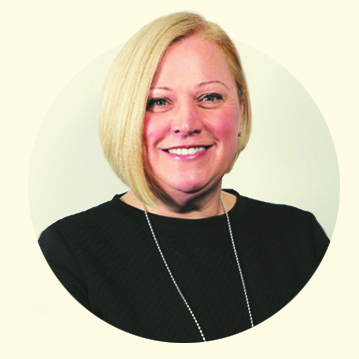
Gail Black-Elliott
Chief Development Officer
A VERY CARING RELATIONSHIP
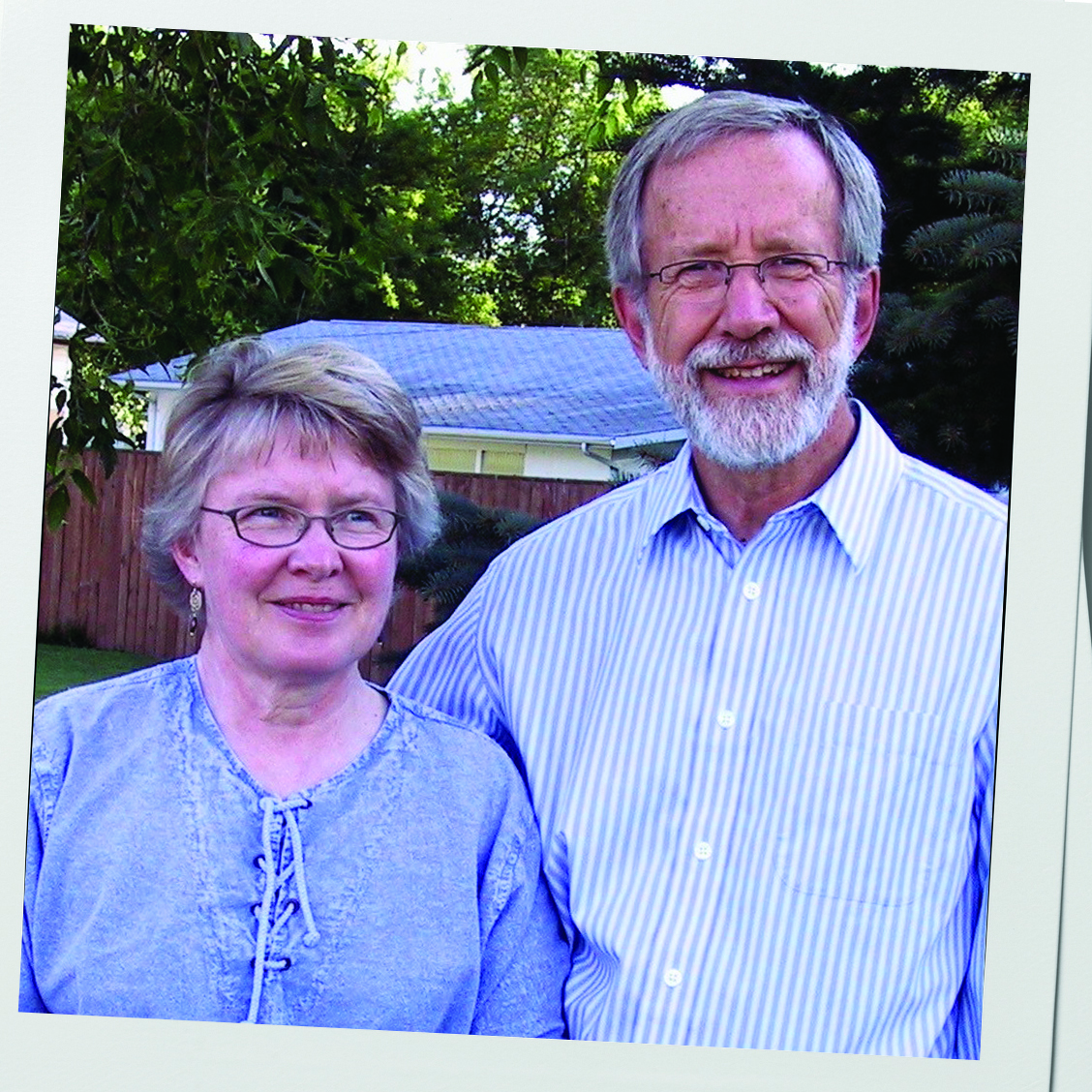
After my wife Gloria was diagnosed with dementia, we reached out to the Alzheimer Society of Manitoba and were welcomed with warmth and compassion. The first thing we did was attend their Experiencing Dementia workshop. Gloria looked forward to “attending class” every week.
As time progressed, Gloria participated in an Alzheimer Society support group for people living with dementia, while I attended meetings with spousal caregivers. I also took part in a special group that helped me to understand loss associated with dementia and to develop coping strategies. I can’t imagine what our experience with dementia would have been like without the support of the Alzheimer Society and generous donors like you who make their work possible. My hope is that everyone touched by dementia is able to get the care and support they need.
To connect with your local Alzheimer Society, visit alzheimer.ca/HelpNearYou
ACTIONS YOU CAN TAKE TO REDUCE YOUR RISK
According to our Landmark Study, a range of healthy habits that influence brain health have been shown to reduce the risk of cognitive decline and dementia. These modifiable risk factors include eating healthy and staying socially connected.

Tips for healthy eating
Eating a well-balanced, nutritious diet provides the fuel and nutrients our brains and bodies need to function efficiently. Here are a few tips to help you on your way:
- Enjoy foods in many different colours — green fruits and vegetables are good for brain health; blue and purple foods are rich in antioxidants.
- Select lean meats, such as skinless poultry, and add herbs and spices for flavour.
- Choose appropriate portion sizes, limit snacks, and make water your drink of choice.
- Limit processed foods, such as deli meat, and sweets such as candy and ice cream. Instead, eat more fruit, vegetables, legumes, whole grains, nuts and fish.
- Plan meals in advance — planning ahead can help you avoid unhealthy, spur-of-the-moment choices such as fast food.
Learn more at alzheimer.ca/HealthyDiet
MONTHLY DONOR CORNER: WHY I GIVE
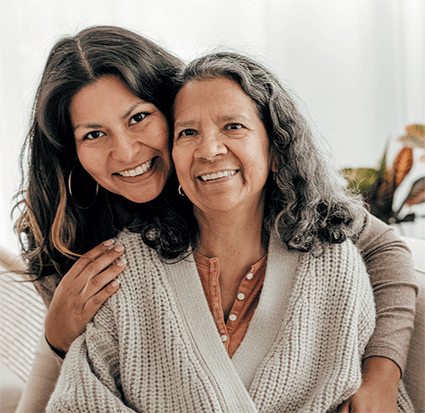 After my husband David and I retired, his mother came to live with us. She was 89 and lived with dementia. David and I attended Alzheimer Society support groups that helped us understand what was happening and what to expect, so we could provide the best possible care for her. At times, it was a difficult journey, but the encouragement we received helped us through. I give monthly to ensure the wonderful support we received is there for others, including two friends who are experiencing the early stages. – Sally L.
After my husband David and I retired, his mother came to live with us. She was 89 and lived with dementia. David and I attended Alzheimer Society support groups that helped us understand what was happening and what to expect, so we could provide the best possible care for her. At times, it was a difficult journey, but the encouragement we received helped us through. I give monthly to ensure the wonderful support we received is there for others, including two friends who are experiencing the early stages. – Sally L.
If you’re not already a monthly donor, please join now at alzheimer.ca/FallNews2023
TALKING ABOUT SOCIAL ISOLATION
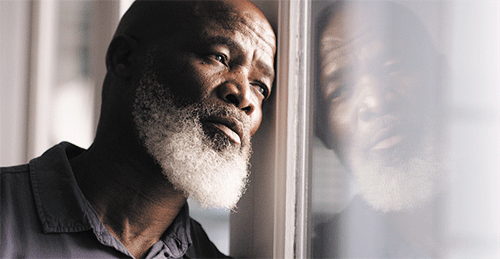 Social isolation is one of the top dementia risk factors and can exacerbate existing dementia symptoms and caregiver stress. In a recent edition of Dementia Talks! Canada, people with lived experiences shared some of their tips for staying socially connected.
Social isolation is one of the top dementia risk factors and can exacerbate existing dementia symptoms and caregiver stress. In a recent edition of Dementia Talks! Canada, people with lived experiences shared some of their tips for staying socially connected.
- Look for programs offered by your local Alzheimer Society and related organizations: Brenda and her mom participated in Voices in Motion, a choir for adults with memory loss and their caregivers. The choir was organized by Dr. Debra Sheets, an Alzheimer Society Research Program grant recipient.
- If you can no longer drive, or mobility is an issue, stay connected virtually. There are various online groups you can join. John attends a Circle of Friends group on Zoom moderated by his local Society.
- Volunteer with the Alzheimer Society or other community groups — many are looking for people with lived experience to provide input on programs, services and research. For example, John helped develop a guide about enhancing social connections.
Dementia Talks! Canada is a free, online discussion series produced in partnership between the Alzheimer Society of Canada and Brain Canada.
Register for the next edition at alzheimer.ca/Talks
MEET ONE OF OUR RESEARCHERS

“It cannot be overstated how critical the Alzheimer Society and its donors are to our research.”
Alzheimer Society–funded researcher Dr. Shawn Whitehead has always been fascinated by how the brain works. Combined with his passion for making a difference in the world, it was a natural fit for him to specialize in dementia research.
Dr. Whitehead’s current study is focused on developing blood biomarkers that can non-invasively identify unique changes to the brain and predict cognitive impairment. Accurate biomarkers could open up new targets for therapeutic intervention and also provide the timing on when to intervene, which could be life-changing for people at risk of developing dementia.
“The Alzheimer Society Research Program is making a tremendous difference in the lives of patients and their caregivers and in supporting the next generation of scientists,” says Dr. Whitehead.
To learn more about research you make possible, visit alzheimer.ca/Research
NOTHING ABOUT US WITHOUT US
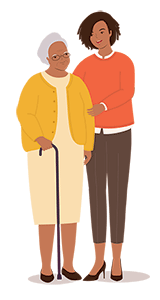
This powerful idea drives the Alzheimer Society’s work. We believe that people living with dementia and their caregivers should have a say in research, advocacy and education related to dementia. To guide us and to ensure our work is meaningful and relevant to the people we serve, the Alzheimer Society created the Advisory Group of People with Lived Experience of Dementia.
Members of this group share their insights and personal experiences to advise on:
- Research that can improve the lives of people living with dementia
- Ways to advocate and protect the rights of people living with dementia
- Resources such as tips for having conversations with people affected by dementia
Learn more at alzheimer.ca/AdvisoryGroup
